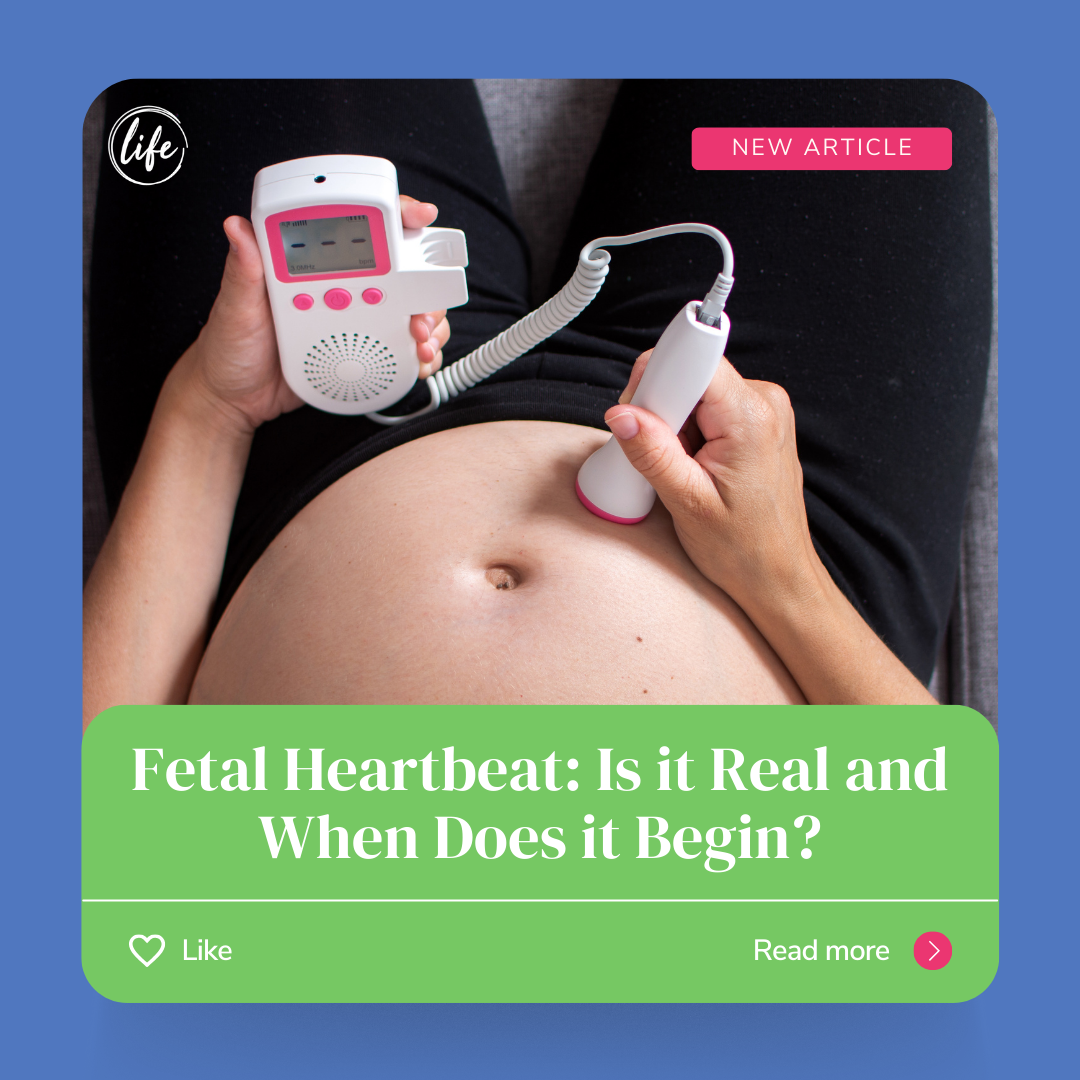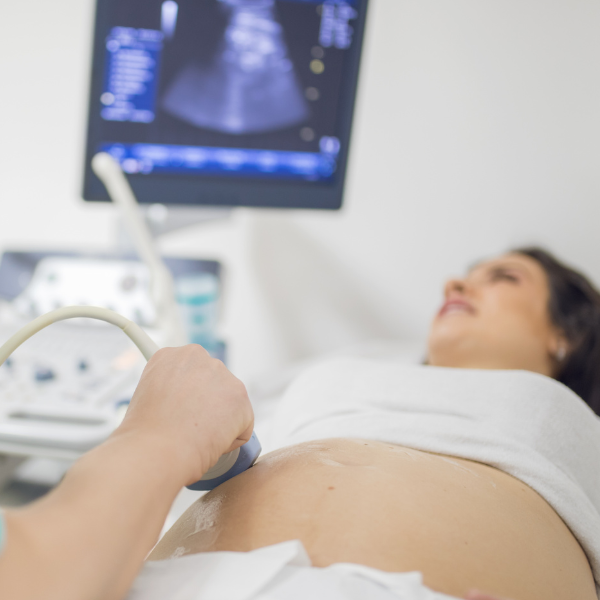
 Recently some have questioned the long standing definition of a fetal heartbeat in early pregnancy. Choice advocates insist that the “fetal heartbeat” found in early pregnancy is nothing more than an electrical pulse that mimics the rhythm of a heartbeat. What do scientists say about this?
Recently some have questioned the long standing definition of a fetal heartbeat in early pregnancy. Choice advocates insist that the “fetal heartbeat” found in early pregnancy is nothing more than an electrical pulse that mimics the rhythm of a heartbeat. What do scientists say about this?
The Developing Heart
According to the esteemed Mayo Clinic, “during the first six weeks of pregnancy, the baby’s heart begins to form and starts to beat. The major blood vessels that go to and from the heart also begin to form during this critical time.” This is the embryo’s first functioning organ and supports its body in a number of ways. An embryo’s developing heart will carry oxygenated blood and nutrients throughout its body via heartbeat to sustain life while in utero.
There is an overwhelming consensus that the heart begins beating around 5-6 weeks in utero (about 21 days after conception). Here are a few mainline pregnancy and governmental sources confirming this:
- TheBump.com
- Whattoexpect.com
- BabyCenter.com
- The U.K.’s National Health Service
- Pregnancy, Birth and Baby
- Public Health Agency of Canada
Johns Hopkins cites a detectable heartbeat as early as the end of week 4.
The American College of Obstetricians and Gynecologists, despite its abortion advocacy, had concurred with John Hopkins and the historical definition of fetal heartbeat. On the ACOG’s own website in a post titled, “ACOG Opposes Fetal Heartbeat Legislation Restricting Women’s Legal Right to Abortion”, dated January 18, 2017, ACOG notes “the detection of the fetal heartbeat, which occurs as early as six weeks gestation, measured from the woman’s last menstrual period (LMP).” In other words, the ACOG recognized fetal heartbeat as early as 4 weeks post fertilization. It is only recently that ACOG has redefined “heartbeat” to align with its support of abortion. Planned Parenthood also historically recognized a “basic heart” at 5-6 weeks of pregnancy until also attempting to redefine fetal heartbeat.
The embryo’s heart beats about 110 times per minute and will later increase to about 170 beats per minute by 9-10 weeks gestation.
Does Life Begin at First Heartbeat?
The heartbeat is simply another milestone of development. At conception, a biologically unique human being with its own complete 46 chromosome DNA — genetically separate from their mother or father — is formed.
Among scientists, when life begins is not up for debate. In fact, there is almost universal consensus among biologists that human life begins at conception. In a landmark study in 2019, Steve Jacobs “emailed surveys to professors in the biology departments of over 1,000 institutions around the world.” The results showed that the vast majority of biologists believe that life begins at conception. Jacobs wrote, “I found that 5,337 biologists (96%) affirmed that a human’s life begins at fertilization…”
A fetal heartbeat is a sign of life, but life truly begins at conception.
Learn more about the various stages of fetal development (conception, first, second, and third trimester) and don’t forget to follow us on social media (Facebook, Instagram, and TikTok).